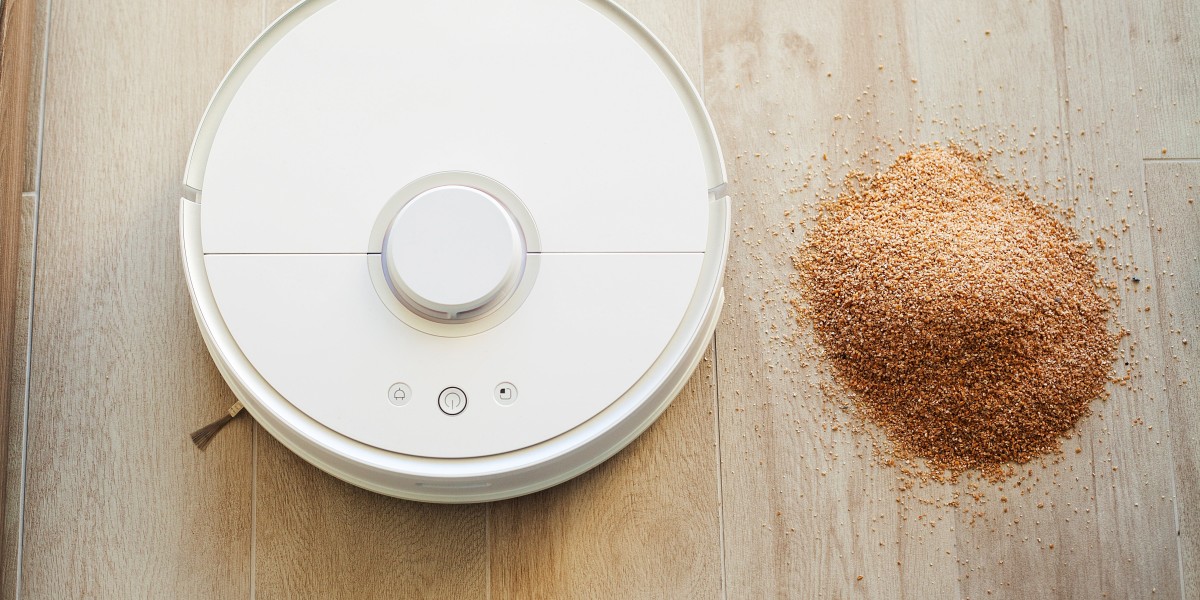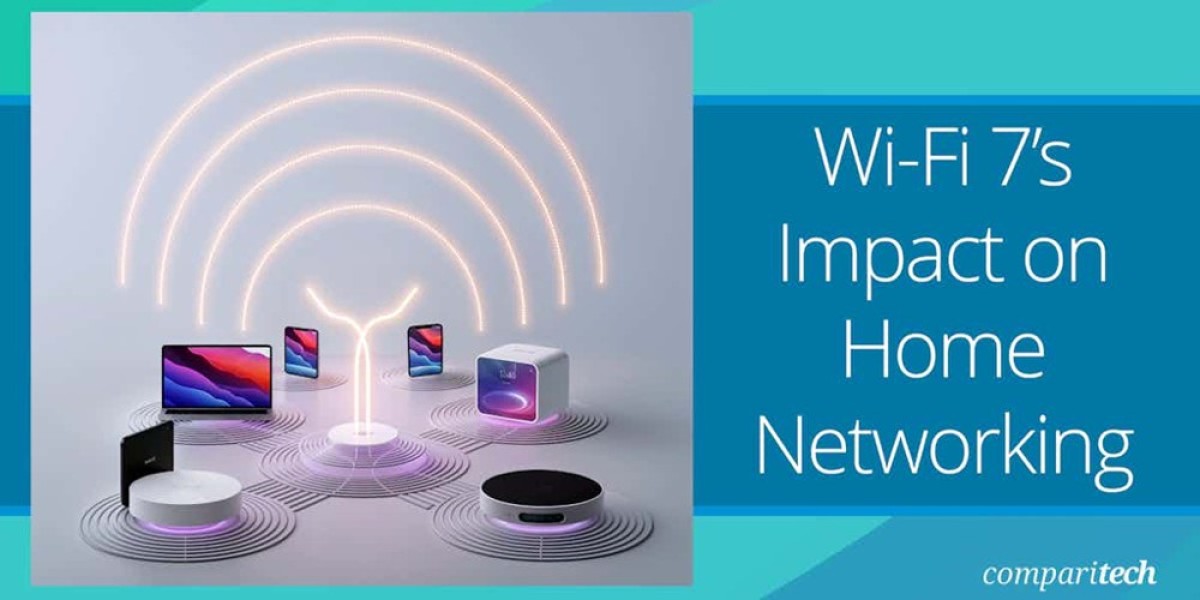
Robotic Vacuum Cleaner Comparison: The Future of Home Cleaning
Recently, robotic auto vacuum cleaner cleaners have actually transformed the method we maintain cleanliness in our homes. With advancements in technology and the incorporation of synthetic intelligence, these gadgets have developed from simple novelty products to necessary household devices. This post supplies an extensive comparison of some of the leading robotic vacuum cleaners on the marketplace, assisting consumers make notified choices when selecting a model that matches their needs.
Understanding Robotic Vacuum Cleaners
Robotic vacuum cleaners are autonomous devices designed to clean floorings immediately. Equipped with sensors, they browse around challenges and adjust their cleaning paths for maximum efficiency. The essential functions that differentiate different models include suction power, battery life, app connection, navigation technology, and price.
Key Features to Consider
When comparing robotic vacuum cleaners, prospective purchasers need to take into account the following elements:
- Suction Power: Measured in Pascals (Pa), suction power identifies the efficiency of selecting up dirt and debris.
- Battery Life: The length of time a vacuum can run before needing a recharge substantially impacts its cleaning performance.
- Navigation Technology: Models may use basic random navigation or sophisticated mapping technologies (like LIDAR) that allow them to produce a map of the home.
- Smart Features: Connectivity to mobile phone apps or smart home systems can enhance functionality and control.
- Filter Type: HEPA filters are recommended for allergy patients, as they trap irritants and improve air quality.
Comparison of Top Robotic Vacuum Cleaners
Below is a comparison table of some of the very best robotic vacuum offered in 2023:
| Model | Suction Power (Pa) | Battery Life (min) | Navigation Technology | Smart Features | Price (GBP) |
|---|---|---|---|---|---|
| iRobot Roomba i7+ | 1700 | 75 | Smart mapping | App control, voice command | ₤ 949 |
| Roborock S7 | 2500 | 180 | LIDAR | App control, multi-floor | ₤ 649 |
| Neato D7 | 2000 | 120 | LIDAR | App control, zone cleaning | ₤ 599 |
| Ecovacs Deebot T10 | 3000 | 150 | Smart mapping | App control, room detection | ₤ 799 |
| Shark IQ top rated robot vacuum | 1200 | 90 | Random | App control, self-emptying | ₤ 399 |
Description of the Table
iRobot Roomba i7+: Known for its robust cleaning capability, it features smart mapping technology that allows it to designate particular areas for cleaning. Its self-emptying function is a plus for convenience.
Roborock S7: This model stands out in suction power and battery life, making it perfect for larger homes. Its LIDAR technology helps create an effective cleaning path, and it can auto vacuum and mop simultaneously.
Neato D7: The D-shape style enables for better corner cleaning, and it includes strong suction power. Its LIDAR navigation enables it to map out cleaning locations precisely.
Ecovacs Deebot T10: Boasting the highest suction power and advanced navigation, this model can deal with multiple floors successfully. It's a flexible choice for households with differing floor types.
Shark IQ Robot: A budget-friendly alternative that still offers smart features. Its self-emptying ability and app combination make it a practical choice for those searching for a strong cleaning buddy without breaking the bank.
Advantages of Robotic Vacuum Cleaners
Robotic vacuum offer many benefits that add to their rising popularity amongst consumers:
- Time-Saving: Automated cleaning permits users to maximize important time that can be invested in other activities.
- Convenience: Many designs can be arranged by means of apps to clean at particular times, lowering manual effort.
- Availability: They can reach under furnishings and in tight spaces where standard vacuums may have a hard time.
- Daily Maintenance: Regular usage of robotic vacuums can assist keep a regularly clean environment, promoting better overall home hygiene.
Frequently Asked Questions About Robotic Vacuum Cleaners
1. How typically should I run my robotic vacuum?
It is recommended to run the robotic vacuum a minimum of 2-3 times a week to keep cleanliness, though everyday use can be beneficial, especially in homes with family pets or high foot traffic.
2. Do robotic vacuums deal with carpets?
Yes, many robotic vacuums are designed to work on carpets, but effectiveness might vary based on the model's suction power and brush type. Search for designs specifically discussed as efficient for carpets.
3. Can robotic vacuums clean family pet hair?
Most robotic vacuums can efficiently pick up pet hair, but those with strong suction and tangle-free brush styles are particularly well-suited for this task.
4. How do I keep my robotic vacuum?
Regular upkeep includes cleaning the brushes and sensing units, clearing the dustbin, and sometimes changing filters to make sure optimum performance.
5. Are robotic vacuums worth the investment?
While they tend to be more pricey than traditional vacuums, the benefit, effectiveness, and time-saving aspects make them a deserving financial investment for lots of families.
The marketplace for robotic vacuum cleaners continues to broaden as innovation evolves, offering consumers a variety of choices to suit various cleaning requirements and spending plans. By thoroughly considering features such as suction power, battery life, and smart capabilities, users can choose a design that aligns with their way of life. Whether for benefit, ease of use, or superior cleaning performance, robotic vacuums are certainly reshaping the future of home cleaning.








